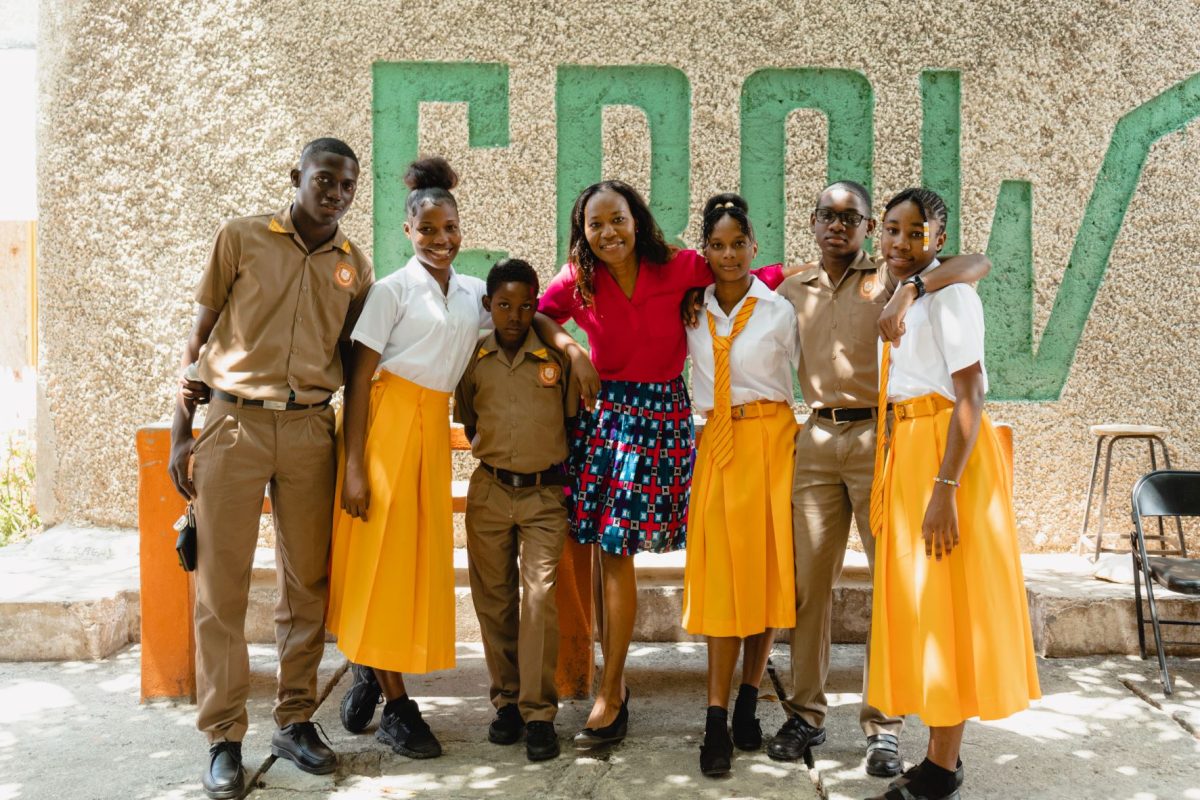Our education programmes provide alternative approaches to learning, supporting young people to (re)engage with formal education, while also equipping them with the skills they need to thrive whenever they finish their schooling.
The Achieve Programme
The Achieve Programme works primarily with young people who are struggling with their learning and at risk of dropping out, supporting them to engage and succeed in education. But as many of our stakeholders say, “Achieve should be available for everyone” as it supports young people to improve attainment, attendance, personal and social skills and their attitude to learning.
Achieve is a learner directed experience, run in groups of 10 – 20 young people, with a trained facilitator (normally a teacher or youth worker). The programme offers young people the opportunity to develop their skills and confidence through relevant, engaging and informal learning. Groups meet once or twice a week, for up to two years, with young people selecting their learning objectives and working towards a King’s Trust accredited qualification. Topics include Life Skills, Personal & Social Development, Enterprise, Active Citizenship and Preparation for Work.
The Enterprise Challenge Programme
The Enterprise Challenge Programme encourages and inspires a new generation of entrepreneurs through gamification and mentorship. The programme is a schools- based competition for secondary school ages, where students develop their entrepreneurial spirit and business knowledge. With guidance from a business mentor, students form teams and play a computer-based business simulation game.
Over six sessions of one hour each, the game takes them through the stages of setting up and running a business. Top performing teams then work with their business mentor to develop a pitch for a social enterprise, and are invited to a national finals competition to pitch their business idea to a panel of judges.
By focusing on social enterprise, students are encouraged to think about innovative solutions to modern societal, environmental or economic problems, and the role of enterprise in addressing these issues. The business simulation game and pitch competition also build young people’s transferable skills such as teamwork, communication and problem solving.

